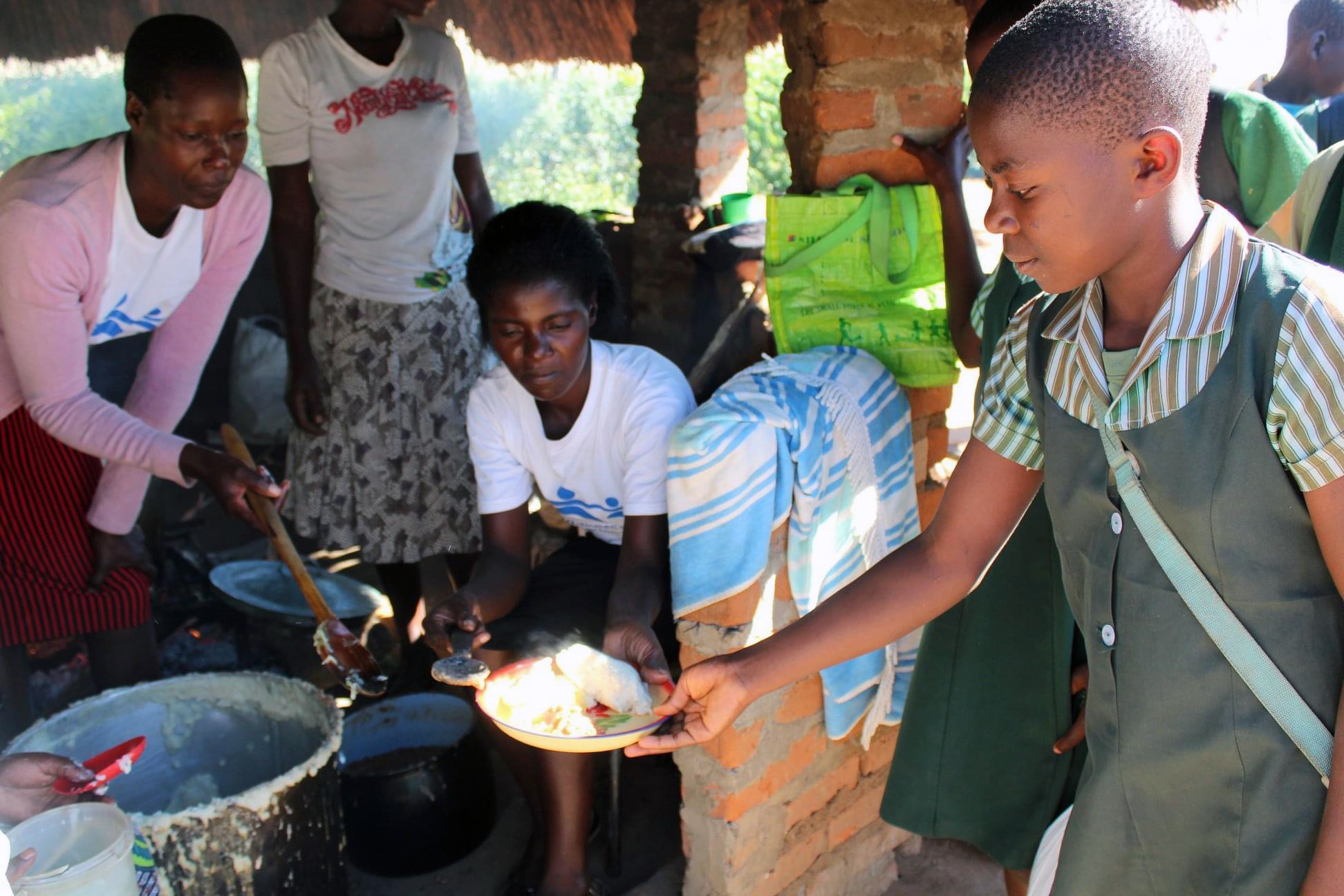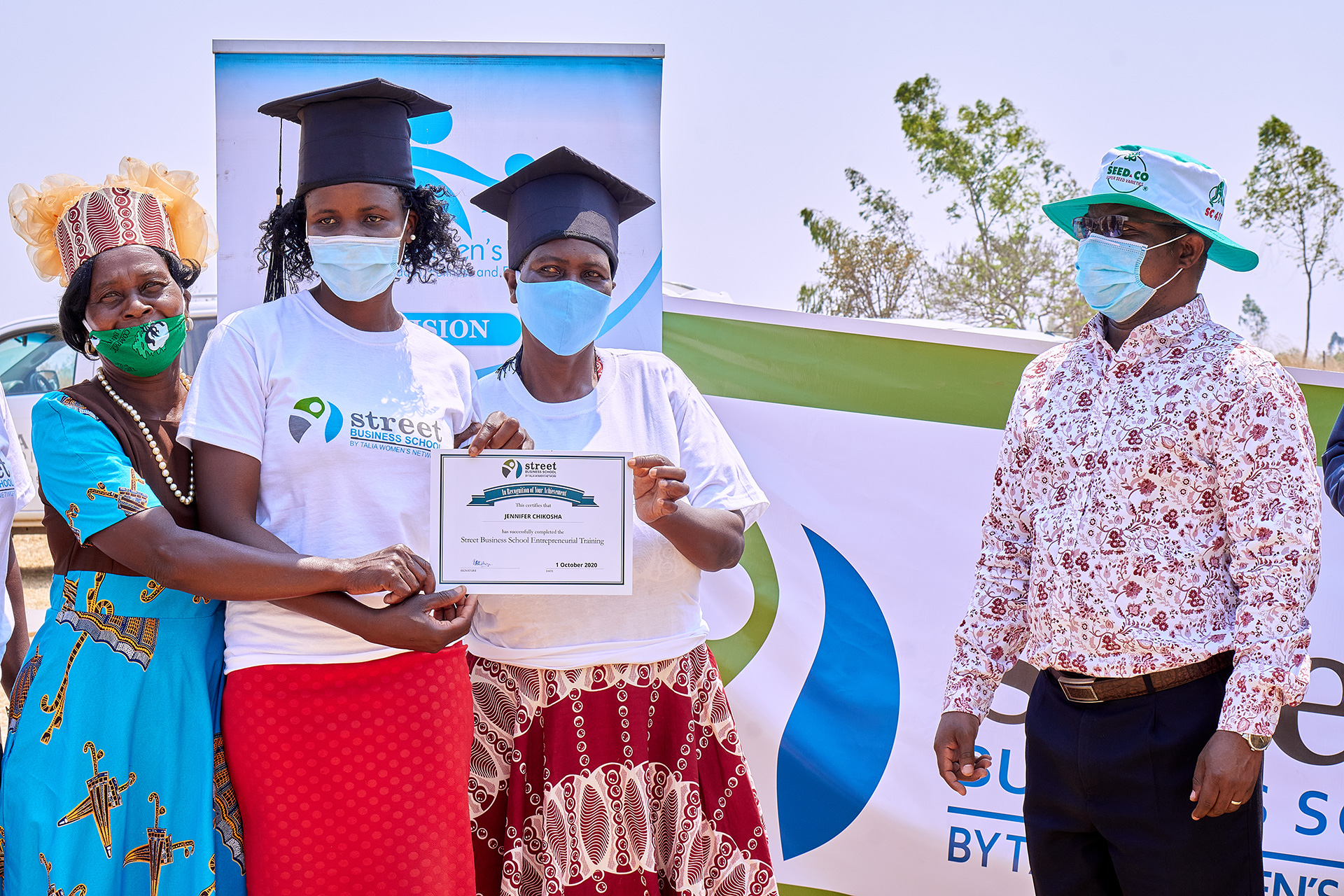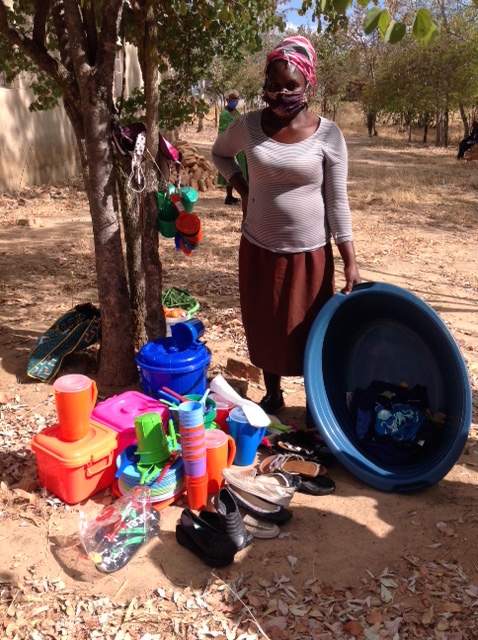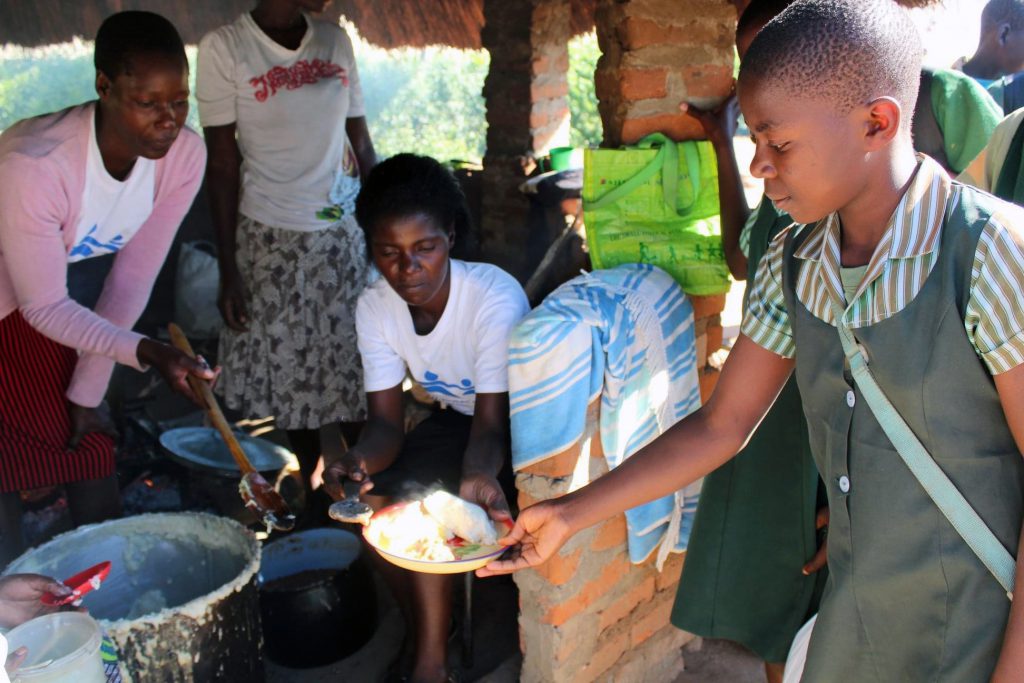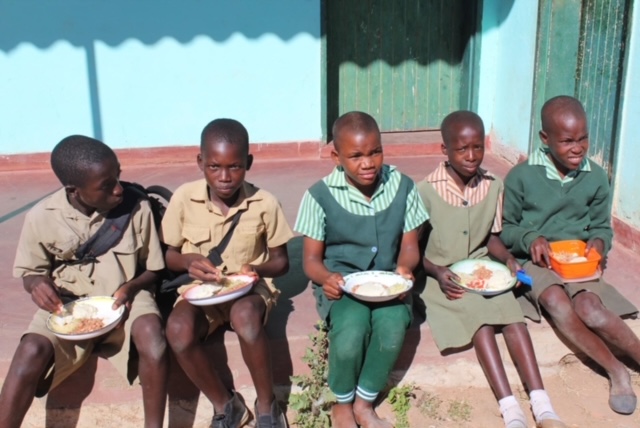
Malnutrition is one of the major challenges, which characterizes developing countries. Zimbabwe being a developing country is not spared. Due to climate change, there have been erratic rainfall patterns and droughts resulting in food shortages, the most affected being rural areas. According to the Zimbabwe Vulnerability Assessment (ZimVac) report, the percentage of children receiving the minimum acceptable diet necessary for growth and development has declined from 6.9% in 2019 to 2.1% in 2020.
To eradicate undernutrition in children and support the established school feeding programs, Talia established nutrition gardens in Masembura and Domborembada Primary Schools. Good nutrition ensures the proper development of the brain and other vital organs and improves a child’s activity levels. The gardens enhance dietary diversity by providing various nutrients through the supply of vegetables, legumes, and grains. The aim is to complement government-sponsored feeding programs and ensure maximum participation and concentration by the children as they receive one decent meal a day through the feeding programs.

